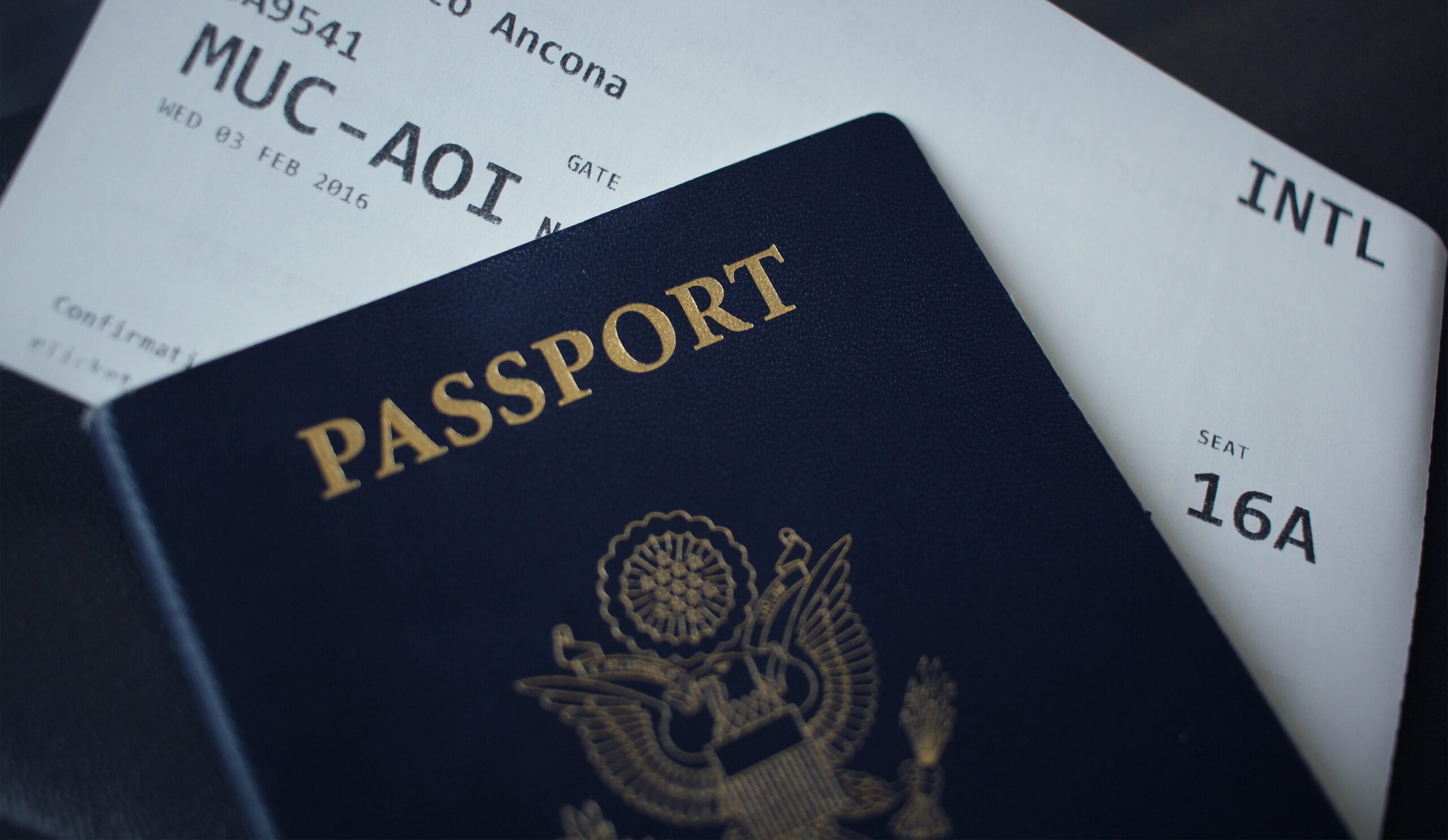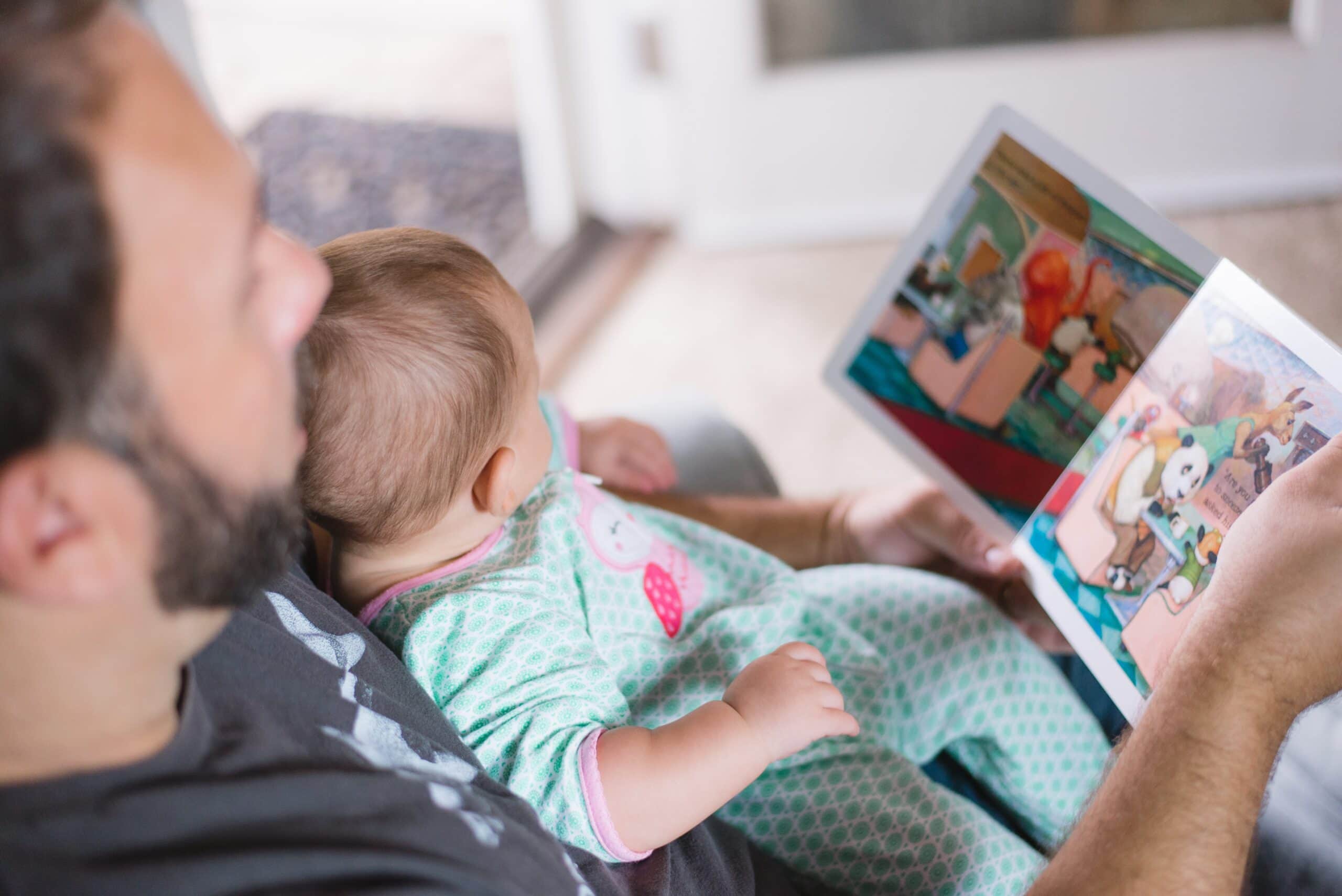
Parental responsibility is defined in section 61B of the Family Law Act 1975, as “all the duties, powers, responsibilities and authority which, by law, parents have in relation to children”.
The Family Law Act 1975 states that “when making a parenting order in relation to a child, the court must apply the presumption that it is in the best interests of the child for the child’s parents to have equal shared parental responsibility for the child”. In effect this means that parents share equally all the “duties, powers, responsibilities” in relation to their children.
Some examples of when separated parents may need to exercise their shared parental responsibility are:
- When deciding what school a child will attend;
- Whether the child attend upon a particular medical practitioner;
- Consenting to medical or dental treatment if their child is ill; and
- Whether the child undergoes a particular surgical procedure.
The presumption of shared parental responsibility is rebutted if there are “reasonable grounds to believe that a parent of the child has engaged in:
- Abuse of the child or another child who, at the time, was a member of the parent’s family (or that other persons family); or
- Family violence
In a situation where one parent has engaged in the above behaviour, the other parent may be ordered by a Court to have sole parental responsibility for the children.
In some cases, where one party has displayed a resistance to assisting in the decision making process on certain matters, the Court may order that one party has sole parental responsibility for one particular aspect of the children’s care, but that the parents share responsibility for all other aspects of the children’s care, welfare and development. For example, if one party is refusing to make a decision as to what school a child attends, the Court has the power to make an order that grants sole parental responsibility in relation to schooling to one party.
Having equal shared parental responsibility is not the same thing as the parents having equal time with the children. Parental responsibility is simply to do with making decisions about the children’s care, welfare and development.
If you have any questions about parental responsibility and how it relates to your situation, please contact us via the form below and our family law team can work with you to understand your needs and circumstances, and devise a clear plan of action.
Related Articles
What are “the best interests of the child”?
In a family law setting, all parenting decisions must be made in accordance with what is deemed to be in the child’s best…
Can I travel overseas with my children?
If you are considering travelling overseas with children involved in a separation, you will need to get written consent from…
Who is a parent?
It is important to know who is legally considered the parent of your child, as this determines who has parental…
The articles on this website comprise legal general information and not legal advice. The general information presented here must not be relied upon without legal advice being sought. In the event that you wish to obtain legal advice on the contents of this general information you may do so by contacting our office or your existing solicitor.




